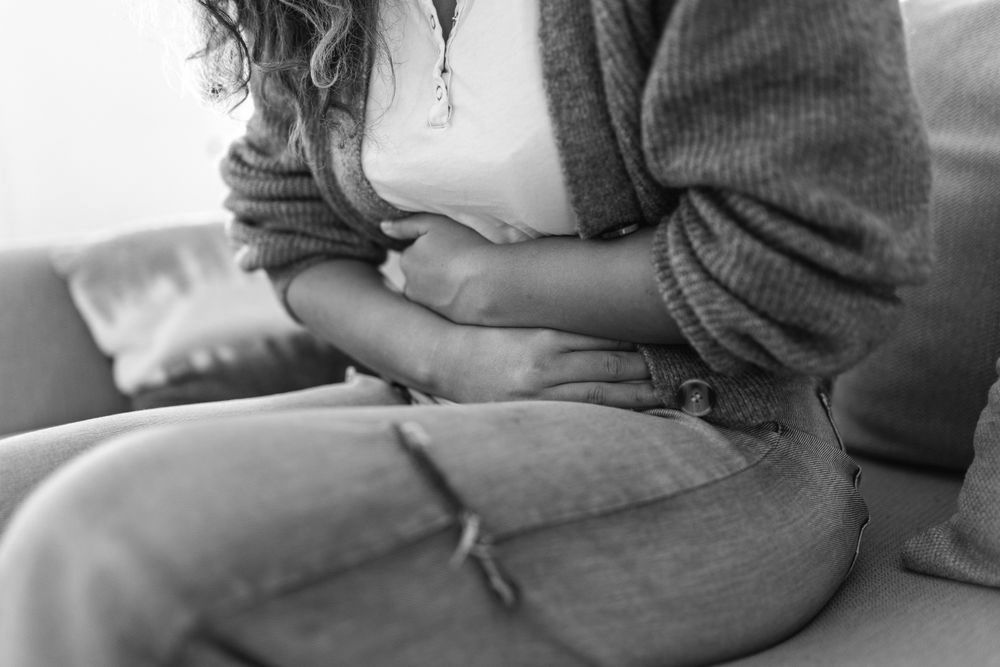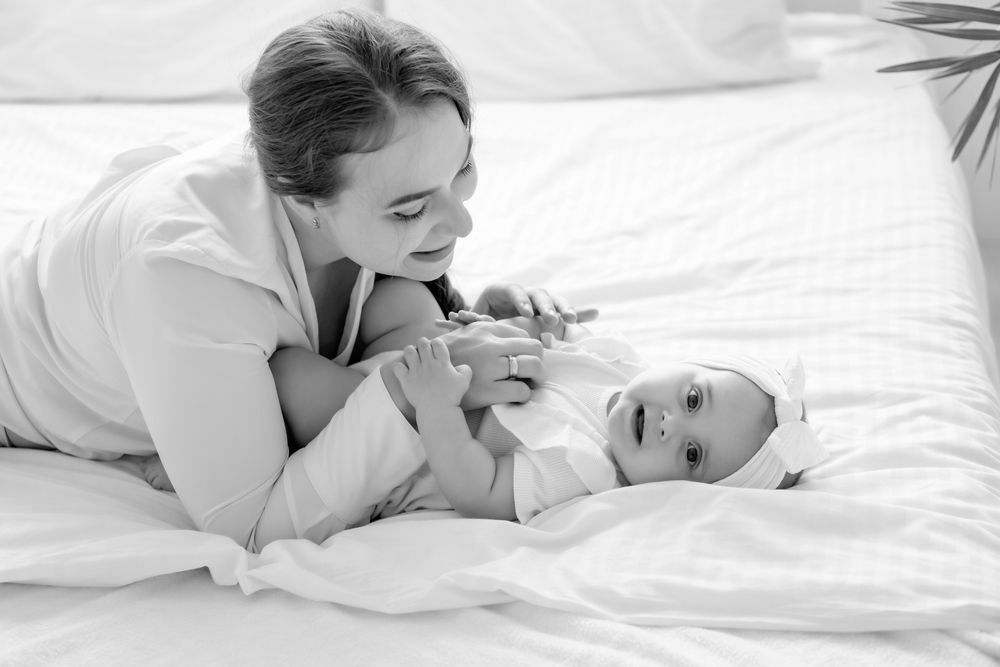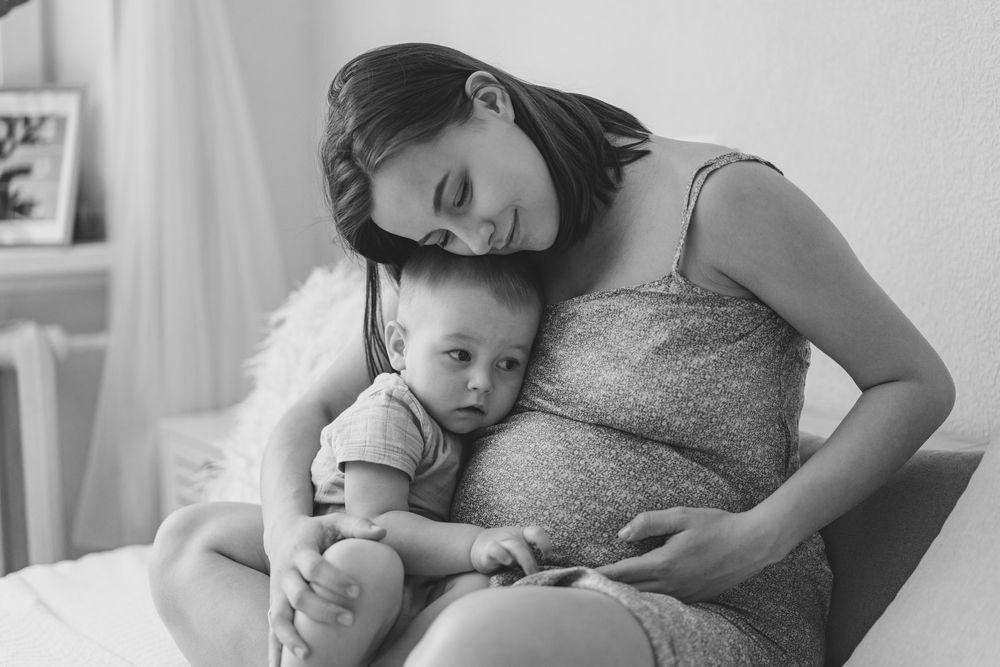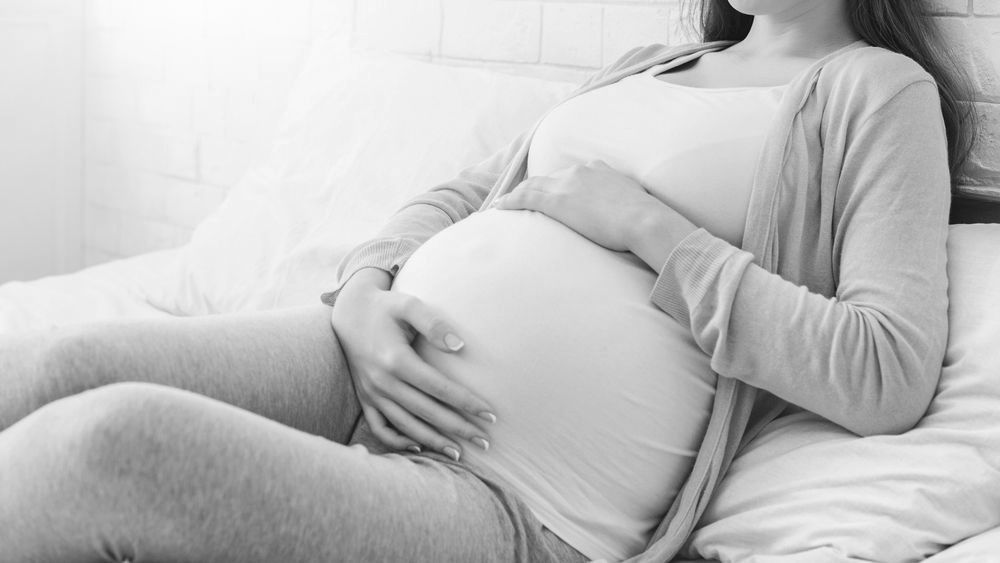Early Signs You Are Pregnant: A Helpful Guide
Share this Article:

Could I be pregnant? Until you know for sure, wondering if you are pregnant or not can cause quite a bit of anxiousness — especially when a pregnancy is unexpected.
The confusing part is that premenstrual signs mimic early pregnancy, so it can really leave you wondering what to attribute your symptoms to.
The only way to have a definitive answer to the “Am I pregnant?” question is by a positive pregnancy test followed up with an ultrasound to confirm a viable pregnancy. Since you may experience early pregnancy symptoms before you have that confirmation, we will discuss them here, so you know what to look for.
What Happens in Your Body When You Become Pregnant?
Specific things need to happen in your body for a pregnancy to occur. Steps to pregnancy include:
- Ovulation: Ovulation is the point in your menstrual cycle when a mature egg is released from your ovary and into the fallopian tube.
- Presence of sperm: Sperm must be present to become pregnant. After unprotected sex, sperm, which is chemically designed to locate the egg, travels up to the fallopian tube.
- Conception: Conception is when a single sperm penetrates the egg (fertilization). It is the moment that pregnancy begins. The fertilized egg continues to travel through the fallopian tube for five to six days to the uterus.
- Implantation: Implantation is the process of the fertilized egg burrowing into the uterine lining and becoming an embryo. The instant implantation occurs, your body is triggered to produce human chorionic gonadotropin (hCG), a pregnancy hormone.
Pregnancy Symptoms
As soon as implantation occurs, you may begin to experience early pregnancy symptoms because your body starts producing the hCG pregnancy hormone right away.
Listed below are common pregnancy symptoms. You may experience all of them, some of them, or none of them. Every pregnancy is different, so keep in mind that what is normal for you may not be typical for another woman. And try not to become overwhelmed as you read the list. Most women tolerate early pregnancy symptoms quite well, and they usually only last through the first trimester of pregnancy.
Classic signs and symptoms of pregnancy may include:
- Missed period
The most common symptom of pregnancy is missing your period. This is often the first clue that you might be pregnant.
- Spotting
Light bleeding in early pregnancy may be alarming to you, but this is more common than you might expect. Implantation bleeding is spotting that happens in approximately 25-30% of pregnant women when the fertilized egg implants into the uterine lining.
Sometimes, women mistakenly count implantation bleeding as a period, delaying them from realizing they are pregnant. If your period is different than usual in duration, different in color, and has a lighter flow than a regular period, consider taking a pregnancy test. This could be implantation bleeding.
- Light cramping
You may feel like your period is about to start because you experience cramping. It can accompany implantation or be caused by your uterus growing. However, seek medical care immediately if you also have severe pain on one side to rule out an ectopic pregnancy (a pregnancy outside the uterus, most often in the fallopian tubes) which would require immediate medical care.
- Vaginal discharge
Your vaginal walls thicken when you become pregnant, causing a white, thin discharge. It is normal unless it has an odor or changes color. In that case, contact your healthcare provider.
- Breast changes
Breast tenderness is another pregnancy symptom that might have you feeling like your period is about to start. You may also notice that your breasts feel swollen or tingly in early pregnancy. The areola may also become darker and larger.
- Nausea
The term morning sickness is very familiar. But the reality is that nausea and/or vomiting can strike any time during the day or night when you are pregnant. Many women find it helpful to stay hydrated, keep crackers on hand, and eat small frequent meals, so their stomachs do not get empty, causing nausea to increase.
- Food aversion
In addition to nausea, you may notice that you can’t tolerate certain odors or foods.
- Fatigue
Your body is working hard to support another person, and it is very normal to feel fatigued in early pregnancy. Rest assured that it tends to subside when the second trimester starts. Practice good self-care by eating nourishing foods rich in iron and protein and rest when your body needs it.
- Constipation and bloating
Pregnancy hormones can slow your digestion system and make it difficult to have a bowel movement causing you to feel bloated. Maintain a healthy diet that includes fiber, fruits, vegetables, and drinking plenty of water every day.
- Urinating More Frequently
In early pregnancy, your body needs to process more fluid than usual, causing the need to urinate more often. As your pregnancy grows, it also presses against your bladder and results in feeling like you need to make more trips to the bathroom than usual.
- Heartburn
Heartburn starts earlier in pregnancy than women anticipate. It’s caused by progesterone, which not only slows your digestive system down but also causes your esophagus muscles to relax, leading to a burning feeling in your chest.
- Mood changes
Like premenstrual hormones, pregnancy hormones can cause you to feel different emotionally. Some women feel more sentimental and loving, and some experience mood swings, including weepiness. Be gracious with yourself, and remember that pregnancy brings emotional adjustments in addition to physical changes.
Get a No-Cost Pregnancy Test at Willow Womens Center
If you think you might be unexpectedly pregnant, you will need a listening ear and compassionate care more than ever before. You are looking for accurate answers to your questions.
Willow Womens Center is passionate about empowering you with unbiased facts from licensed healthcare professionals so you can make a confident decision about your unexpected pregnancy.
Our services are always at no cost to you. We offer medical-grade pregnancy testing, limited ultrasound if your pregnancy test is positive, and testing for sexually transmitted infection (STI) in addition to other services.
Contact Willow Womens Center today to schedule your confidential appointment and receive the support you deserve.
Connect with Us:












